


Framed or unframed, desk size to sofa size, printed by us in Arizona and Alabama since 2007. Explore now.
Shorpy is funded by you. Patreon contributors get an ad-free experience.
Learn more.

- Lofty addition
- In 1912
- Keenan Building
- Six years old
- Taken from the P.J. McArdle Roadway?
- It stood only 47 years
- Three track mind
- Incline to the right
- Reach for the sky, 1912 style
- No clean sweep
- Same Job Title, Same Face
- Sadly Lost
- Beautiful ...
- Where you get your kicks
- Aim High
- Pueblo Revival sisters
- Pueblo Neoclassicism
- Milk Man
- Regional dialect.
- Spielberg's inspiration
- Great Photo
- Loaf Story
- Do you still have the Rakes category?
- Could almost be a scene from the 1957 movie 'Hell Drivers'
- The Wages of Fear.
- Conspicuous by their absence
- Got Milk?
- All that aluminum
- No lefties
- Smoke 'em if you've got 'em
Print Emporium
Eugene Dalton: 1913
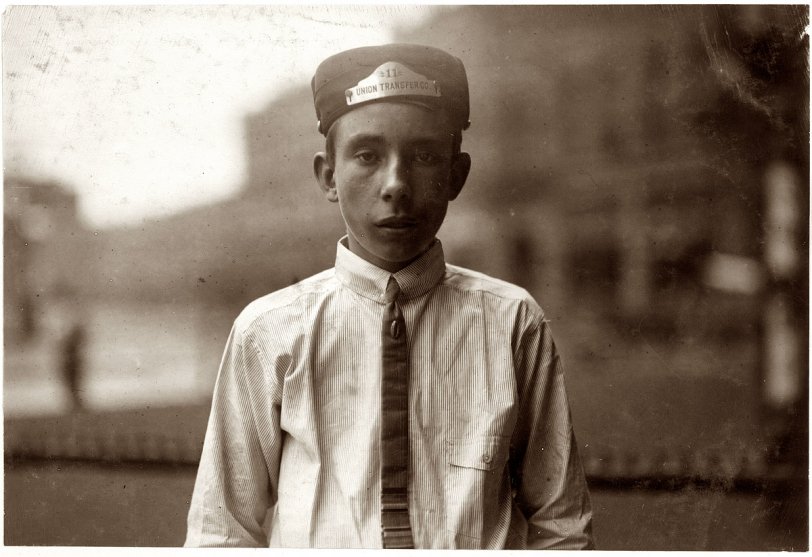
Eugene Dalton, November 1913, Fort Worth, Texas. Some results of messenger and newsboy work. For nine years this 16-year-old boy has been newsboy and messenger for drug stores and telegraph companies. He was recently brought before the Judge of the Juvenile Court for incorrigibility at home. Is now out on parole, and was working again for drug company when he got a job carrying grips in the Union Depot. He is on the job from 6 a.m. to 11 p.m. (17 hours a day) for seven days in the week. His mother and the judge think he uses cocaine, and yet they let him put in these long hours every day. He told me "There ain't a house in 'The Acre' (red-light district) that I ain't been in. At the drug store, all my deliveries were down there." Says he makes $15 to $18 a week. View full size.
Long hours
If the young man is telling the truth, $15-$18 a week is a lot of money in 1913. According to an inflation calculator, in 2012 dollars thats $348.00-$418.00 per week. A tidy sum for a 16yo (which may explain why he put in the long hours he did).
Work was harder in the old days.
An old railroader I knew told me that they used to work twelve hours a day, with one day off a month; and then be called in to work that day too. My granny said that her maids had similar working hours. It was normal, if not very humane. This guy's job, working around the station, wasn't as strenuous as some other forms of manual labor. Think of English miners working bent over in coal seams; or sailors going aloft in storms. If one fell in the ocean, the ship didn't stop.
The Drug Store
In 1913 cocaine was still included in many common elixirs, which were legally acquired at the drug store until 1914, when it became illegal to sell cocaine (and heroin or opium, which were also common ingredients).
Of course that is why as a messenger for the drug store he was often delivering to the "Red Light District."
The fact that the judge and his mother were concerned about his use of the over-the-counter drug reflects society's growing awareness of addiction as a problem. This led in the next year to legislation (Harrison Narcotic Act) that took most of what we would call serious drugs off the shelves.
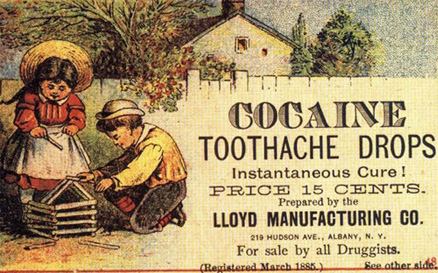
Incorrigibility at home?
I would be very curious to know what "incorrigibility at home" was back in those days...
Was this kid send to juvi because he talked back to his mom at home or was he actually doing something bad? I also can't imagine him having too much energy left in him after a 17 hour day...
Family tree?
# Name: Eugene Trice DALTON
# Sex: M
# Birth: 15 SEP 1897 in Fort Worth, Texas
# Death: WFT Est. 1918-1987 in Denver, Colorado
Father: Wesley DALTON b: 13 JUL 1857 in Dayton, Ohio
Mother: Imogene Olive TRICE b: 30 AUG 1857 in Georgia
Marriage 1 Katherine BROWN b: WFT Est. 1893-1913
* Married: WFT Est. 1914-1947 in Telluride, Colorado
Children
1. Has No Children Living DALTON
2. Has No Children Living DALTON
Dalton
He was bad? He worked 17+ hours a day to survive. He didn't take the shortcuts of knives and guns which take only seconds to settle debts-legal or otherwise. The punks in the streets should be sent back in time and see how long they'd survive.
Long hours
When did he have time to be delinquent?
Poor Kid???
He looks like a dope addict...all jazzed up on the dope...
Lazy?
If a world in which you don't have to work 17 hours a day to make ends meet is lazy, then I'm throwing in my lot with the lazy.
People were just different
People were just different then, I'm sure they couldn't imagine the lazy world we live in today.
Cocaine?
"His mother and the judge think he uses cocaine, and yet they let him put in these long hours every day."
Was cocaine illegal in those days? I seriously doubt this kid saw his 20th birthday.
I can't imagine...
I can't imagine a kid working those kind of hours, seven days a week, having any energy left over to be incorrigible. Seems like the only time his mom would see him he'd be asleep.
Tired
He looks so tired. The expression of a worn out soul and he's just a kid.
Or maybe not so poor.
$15 a week was a lot of money back in those days, especially for a kid his age. Seems pretty industrious to me.
RJP3
Human beings were animals to allow all this so recently ... I am sure there are many who wish they could go back to this profit model.
Poor guy - I would have been doing lines too.
Good grief
It's amazing (and maybe a little depressing) to think that a delinquent or "problem kid" in 1913 could be someone who worked 17 hours a day, seven days a week! What would that judge think of the kids today?!







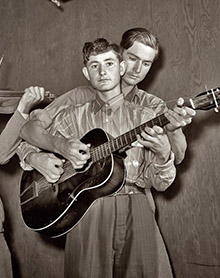
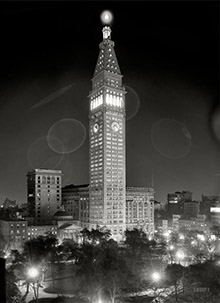
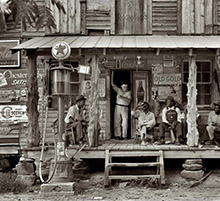

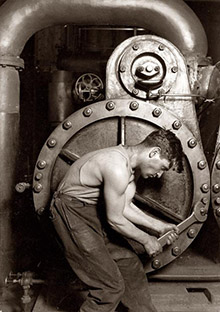

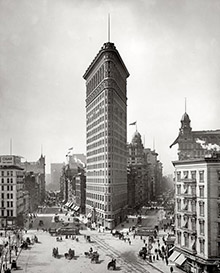



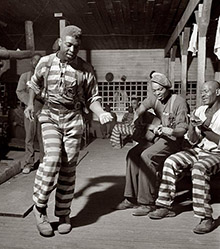

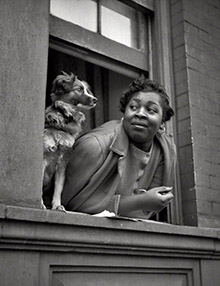




On Shorpy:
Today’s Top 5